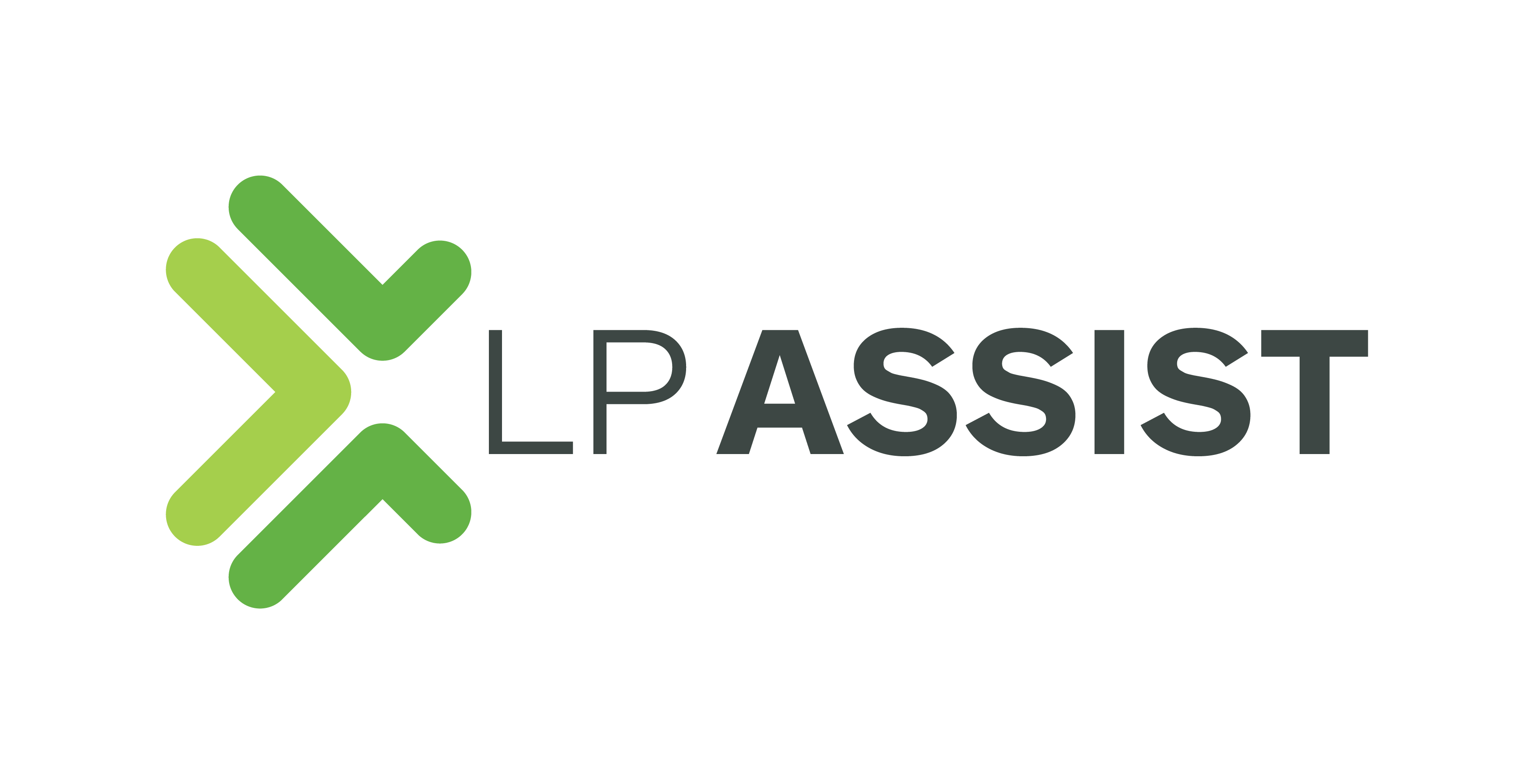As the end of the financial year (EOFY) approaches, it’s time to think about getting your financial records in order. To help you do just that, check out our five critical EOFY tasks we recommend our clients consider to start the next financial year off on the right foot!
1. Review your Debtors list (and call debtors if needed)
Your Debtors list is the list of people who owe you money, and the end of the financial year is the perfect time to check in with them.
Why? You are required to pay tax on income in the year it was earned, not in the year the funds land in your bank account. This means that at this critical time of year, you could pay tax on income you haven’t received yet if your debtors fail to pay by EOFY!
Hence, we strongly recommend following up with all your debtors for on-time payment to ensure you have the funds associated with your tax bill. If you’re unsure how to do this, check out our blog post on how to prepare for calling debtors.
If you don’t expect to receive funds from a customer, this is called a Bad Debt. Make sure to write these Bad Debts off prior to the end of the financial year so you do not have to pay tax on unreceived income.
2. Do a stocktake
Stock on Hand is a measure of all of the inventory items that you have available to sell at the end of the financial year. This could be clothing items for your clothing store or the number of livestock on your farm.
You’ll need to calculate your Stock on Hand value and provide this information to your accountant. Stock on Hand should be counted as close as possible to your end of financial year. This could be a very simple or very complex process depending on your business, so we recommend getting in touch with us or your accountant to discuss this if you’re unsure how to proceed.
3. Tidy your financial records
Getting your accounting system and financial records tidied up prior to the EOFY will not only make your accountant happy but will also mean you have more accurate financial reports to assist with decision making.
Check all of your transaction coding to ensure you have coded them correctly. Does each transaction have the correct code? Is it coded properly for GST? If you find an error, edit the transaction and apply the correct code or GST.
You should have kept all invoices and receipts relating to business transactions throughout the year. Double check that you have all documentation relating to:
- Asset purchases
- Insurance
- Legal fees
- Any new loans or hire purchases
- Dividend payments
- Bank statements showing end of year bank balances
- Details of any new investments
4. Put key tax dates in your calendar
Paying the Inland Revenue Department (IRD) the correct amount and on time is very important to avoid penalties and interest charges. If incurred, these charges can snowball and become unmanageable.
You can find all of the key filing and payments dates at this IRD webpage. We recommend adding the relevant ones to your calendar or project management system so they don’t get missed. If you are unsure of how much you need to pay or by when, give your accountant a call–it is better to be safe than sorry when paying the IRD!
5. Look at the year ahead
This is a great time to think about the coming year. Start by assessing the state of your industry. Do you need to make any changes to your business to reflect the changes in your industry?
Next, consider your goals and what you need in order to achieve those goals. Once you have your direction for the coming year, try setting a budget that will allow you to achieve these goals. Don’t forget to check in with your goals and budget periodically throughout the year to see if you are on track.
Feeling a bit overwhelmed by EOFY organisation? Our team specialises in End of Financial Year Reviews where we’ll get all your financial records in the best possible shape for your accountant to do their job efficiently (saving you money overall!) Or, if you have a specific question or are unsure how to fix a problem, reach out! We can answer questions, fix problems, or set you in the right direction.








